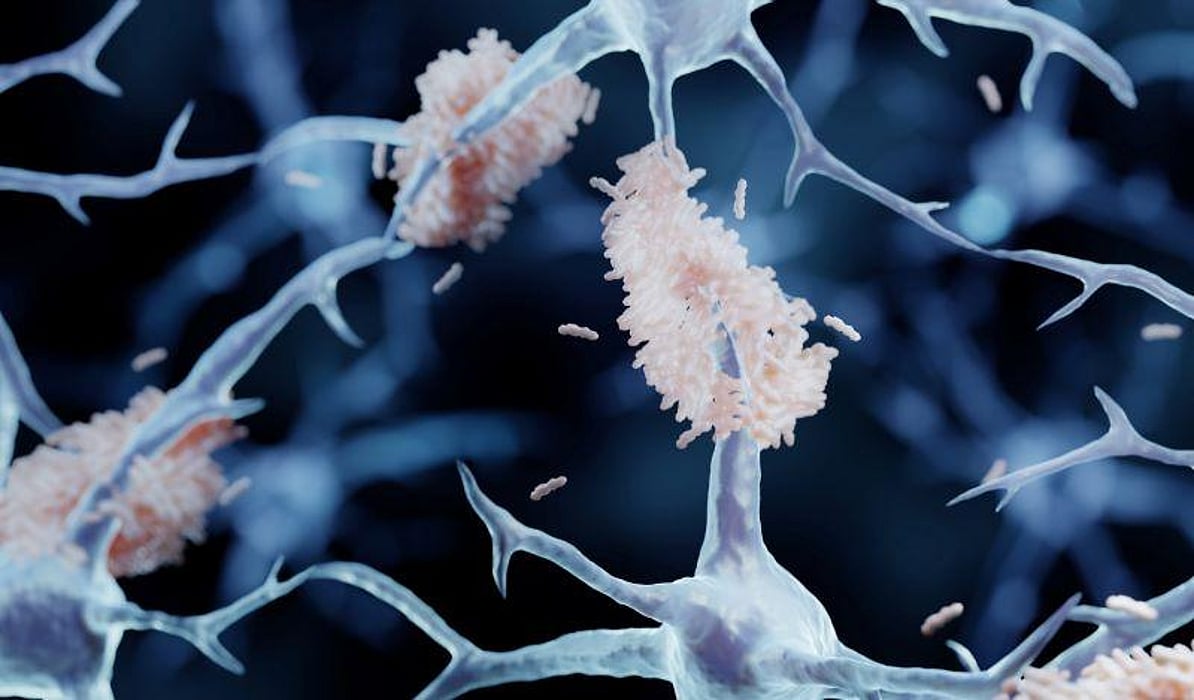PET Changes Similar for Alzheimer Disease, Down Syndrome

TUESDAY, Dec. 20, 2022 (HealthDay News) -- Positron emission tomography (PET) changes are similar for people with autosomal dominant Alzheimer disease and those with Down syndrome, according to a study published in the January issue of The Lancet Neurology.
Anna H. Boerwinkle, from the Washington University School of Medicine in St. Louis, and colleagues compared amyloid changes for people with autosomal dominant Alzheimer disease and those with Down syndrome in a cross-sectional study. Data were included for 192 individuals with Down syndrome and 33 sibling controls, and 265 carriers of autosomal dominant Alzheimer disease mutations and 169 noncarrier familial controls.
The researchers found that in carriers of autosomal dominant Alzheimer disease mutations and in people with Down syndrome, PET amyloid centiloid and cerebrospinal fluid Aβ42/40 were negatively correlated. No difference was seen in global PET amyloid burden between asymptomatic individuals with Down syndrome and asymptomatic mutation carriers, or between symptomatic people with Down syndrome and symptomatic mutation carriers. Compared with those with Down syndrome, mutation carriers showed elevated amyloid deposition significantly earlier. This difference was mainly driven by PSEN1 mutations. For mutation carriers and people with Down syndrome, early amyloid accumulation occurred in striatal and cortical regions. Widespread amyloid accumulation was seen in all cortical regions in mutation carriers, but in people with Down syndrome, the median occipital regions were spared.
"This study shows that, although there are subtle differences, Alzheimer's disease pathophysiology is similar among people with Down syndrome and people with autosomal dominant Alzheimer's disease," the authors write.
Several authors disclosed financial ties to the pharmaceutical industry.
Abstract/Full Text (subscription or payment may be required)
Editorial (subscription or payment may be required)
Related Posts
PTSD, Psychiatric Disorders Tied to Higher Risk for Severe COVID-19 Outcomes
FRIDAY, Dec. 2, 2022 (HealthDay News) -- Veterans with posttraumatic stress...
COVID-19 Vaccines Not Tied to Immune-Mediated Neurological Events
MONDAY, March 21, 2022 (HealthDay News) -- No safety signal is observed between...
Vitamin D Supplements Might Cut Your Odds for Autoimmune Diseases
THURSDAY, Jan. 27, 2022 (HealthDay News) -- Taking vitamin D supplements may...
Guideline Updated for Initial Management of Advanced Prostate Cancer
WEDNESDAY, April 12, 2023 (HealthDay News) -- For patients with noncastrate...
